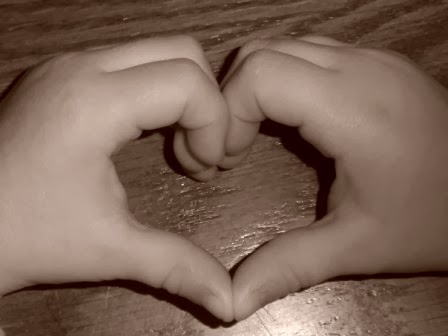I
have been a supporter of stem cell research for quite some time. Nearly eight years ago, the son of a friend
of mine was diagnosed with Batten Disease.
Batten Disease is an autosomal recessive (needing the defective, recessive
genes of both parents), neurodegenerative condition, which is not preventable
or curable at this time. Batten Disease
is diagnosed in childhood and follows a typical progression of mental
impairment, worsening seizures, and a progressive loss of sight and motor
skills. At age 5, my friend’s son was
unable to be potty trained, and was considered legally blind. He suffered tremendous social-emotional
delays and struggled tremendously as changes were occurring so frequently, he
had little time or ability to process them.
He was eventually enrolled in a special needs school where he did well,
and he currently attends public school in his town and does well there, but the
family’s life will never be easy. He
just celebrated his tenth birthday, but his condition has continued to worsen
and odds are he will never become a teenager.
There are several research projects underway to attempt to learn more about
the characteristics of the disease, whether or not it can be detected through
prenatal screenings, improved treatments, and hopefully an eventual cure. (www.bdsra.org)
Research
projects have helped countless families battling seemingly insurmountable
odds. One such organization, of which I
am a member is ViaCord. Their research
involves the stem cells collected from the umbilical cords of newborns. Currently, their initiatives have shown
benefit in the treatment possibilities for eighty known diseases. This is double the potential of only three
years ago. While the topic of stem cell
research can rouse many feelings and opinions, I feel as though the possibility
of aiding in the treatment of a multitude of life-threatening conditions makes
it highly valuable. (www.viacord.com)

Both
of these organizations provide countless stories and testimonials by families
who have direct experience with medical research involving children and
families. It is through the sharing of stories, continued
research proposals, and humans in need that great discoveries are made. The insatiable quest for knowledge, rigorous ethics standards and continuous
collaboration of researchers and governmental organizations across the globe
allows us to reap many of the benefits we take for granted today. I hope that my story has, at the very least,
invoked an appreciation for the efforts of researchers and given you yet
another lens through which to view the bigger picture.





